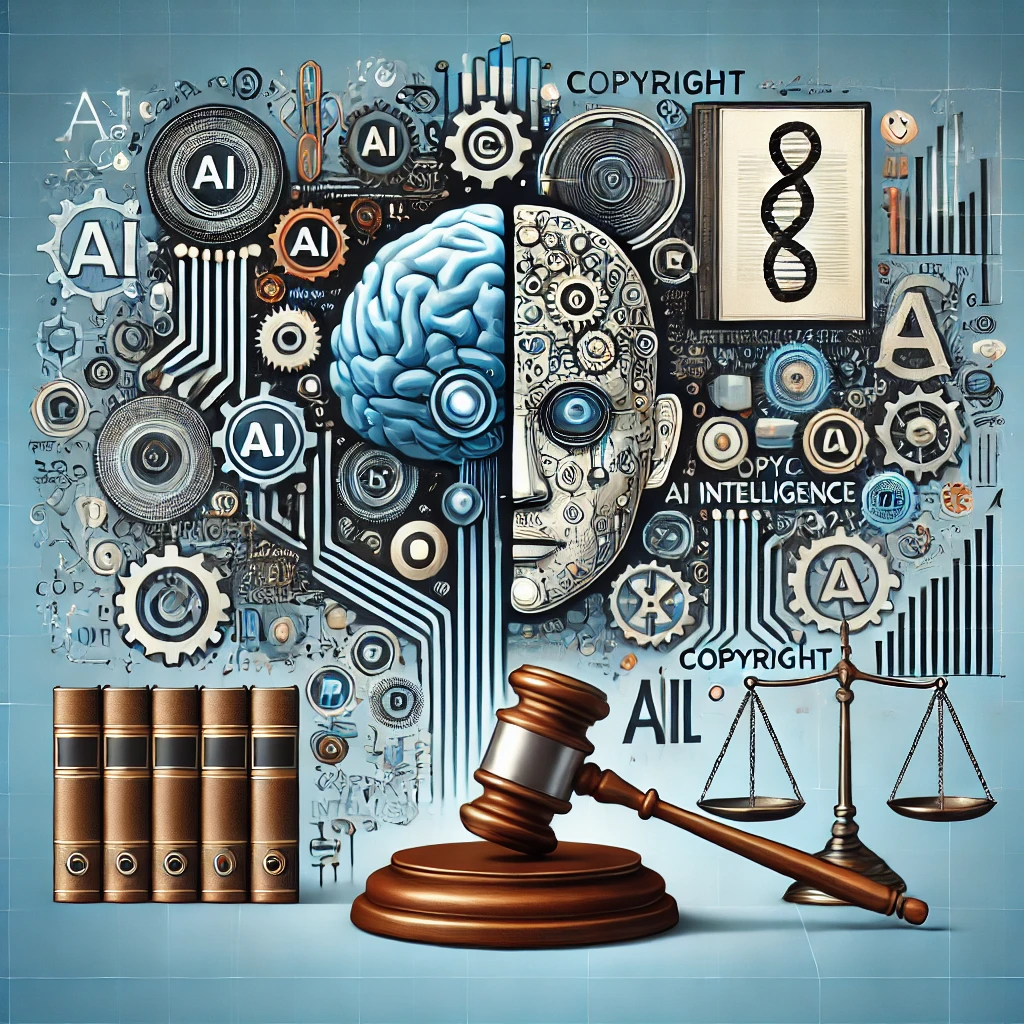
OpenAI Sued by Multiple Copyright Lawsuits in India: What It Means for AI and Publishing
Introduction
The rapid growth of artificial intelligence (AI) has sparked numerous legal and ethical challenges across the globe. In India, OpenAI, the company behind ChatGPT, is facing multiple lawsuits from major publishing houses, some of which are linked to influential business tycoons like GautamAdani and Mukesh Ambani.
At the heart of these lawsuits are allegations that OpenAI’s AI models are using copyrighted content without proper authorization or compensation. This legal battle raises serious questions about how AI developers use publicly available content and whether copyright laws need to be updated to address the unique challenges posed by AI-generated content.
Background of the Lawsuits
• Publishers allege that OpenAI’s ChatGPT scrapes vast amounts of content from books, news articles, and other copyrighted sources without obtaining permission from the original creators.
• They argue that OpenAI has built a profitable AI model by leveraging intellectual property that does not belong to it, effectively bypassing traditional content licensing frameworks.
• This dispute highlights a broader concern in the digital age: the rights of content creators versus the evolving role of AI in content consumption and production.
These lawsuits are not unique to India. Globally, AI developers have faced similar challenges, with content creators questioning the ethics and legality of AI-driven content generation.
OpenAI’s Defense
In response to these lawsuits, OpenAI has put forth several key arguments:
• Fair Use Doctrine – OpenAI asserts that its AI models are trained using publicly available data, adhering to the principles of "fair use" as applied in the U.S. and other jurisdictions.
• Jurisdictional Challenge – OpenAI argues that Indian courts do not have jurisdiction over the matter, as the company is based in the United States.
• Transformation, Not Replication – The company maintains that ChatGPT does not copy copyrighted works verbatim but rather synthesizes knowledge from a broad range of sources to generate new, original responses.
While OpenAI’s defense is rooted in existing legal frameworks, it remains to be seen how Indian courts interpret these arguments, especially in a legal environment that is still adapting to AI-driven innovations.
Implications for AI and the Publishing Industry
This case is expected to have significant implications for both AI development and content ownership laws worldwide.
1. AI and Intellectual Property Rights
o If the courts rule against OpenAI, it could set a precedent for AI companies worldwide, forcing them to seek explicit permissions or pay licensing fees to content creators.
o It may also lead to AI developers reconsidering their training methods to avoid potential legal repercussions.
2. Potential Regulation of AI Training Models
o If Indian courts impose restrictions on OpenAI’spractices, similar legal battles could emerge in other jurisdictions, prompting governments to draft new laws regulating AI training data.
o Stricter copyright policies might require AI companies to compensate publishers and authors for the use of their work.
3. Impact on Indian Publishers
o A ruling in favor of publishers could result in significant monetary benefits for content creators, as AI companies may be required to pay for licensing agreements.
o This could lead to new partnerships between AI firms and media companies, creating legal frameworks that allow AI to operate without infringing on intellectual property rights.
Conclusion
The lawsuits against OpenAI in India are part of a larger global debate about AI’s role in content creation and copyright protection. As AI continues to revolutionize industries, legal frameworks will need to evolve to address these unprecedented challenges.
Regardless of the final verdict, this case will shape the future of AI innovation, intellectual property rights, and the responsibilities of tech companies in respecting creative ownership. Whether AI firms will be required to compensate content creators or whether AI will be granted broader fair-use rights remains a crucial question for the legal and technological landscapes of the future.






comments